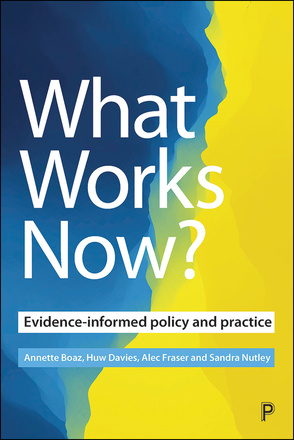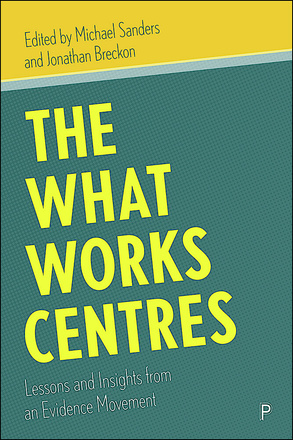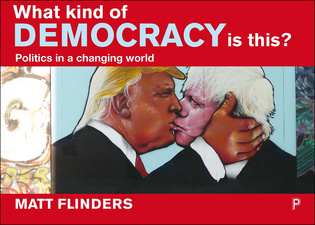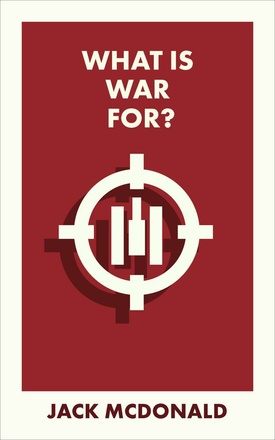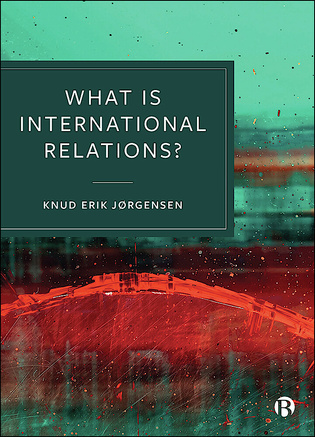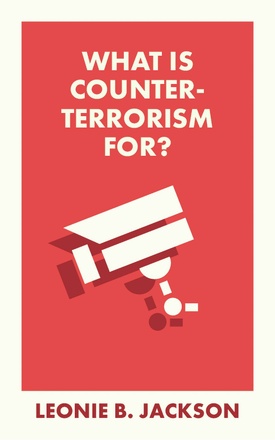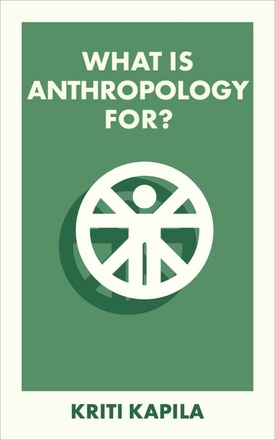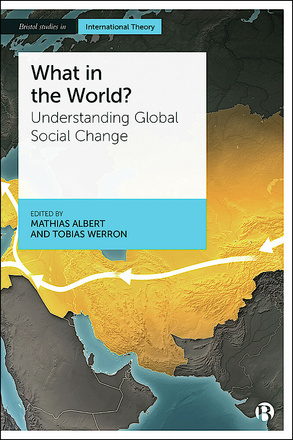Politics
What Works Now?
Evidence-Informed Policy and Practice
Building substantially on the earlier, landmark text, What Works? (Policy Press, 2000), this book brings together key thinkers and researchers to provide a clearly-structured review of the aspirations and contemporary realities of evidence-informed policy and practice.
The What Works Centres
Lessons and Insights from an Evidence Movement
Leaders, researchers and practitioners from the UK “What Works Network” share their insights on the successes, failures, and future of the What Works Centres, which have proven successful and popular across a number of policy settings.
What Kind of Democracy Is This?
Politics in a Changing World
Has there ever been a period in modern history when democratic politics seemed more unpredictable or unruly? Matthew Flinders ranges expertly across architecture, art, fell running and fairy tales in an attempt to understand the emerging democratic landscape. This refreshing and stimulating book seeks to provoke and inform in equal measure.
What Is War For?
This book examines how changes to social rules reshape how states explain their military actions, and changes to technology and society transform contemporary warfare. Analysing the role that war serves in global politics, it outlines the ways in which war affects the contemporary world, from international relations to our day-to-day lives.
What is International Relations?
As International Relations enters its second century as an academic discipline, leading expert Knud Erik Jørgensen provides a provocative assessment of its past, present and future. The result is a concise and challenging appraisal of the discipline, one which both celebrates its value and maps possible future directions.
What Is History For?
Gildea suggests that the more people who really understand what good history entails, the more likely history is to triumph over myth. He sees positive signs in public history, citizen historians and community projects, debunking claims that ‘you cannot rewrite history’, arguing that good history that’s attuned to its times must be rewritten.
What Is Cybersecurity For?
Cybersecurity is one of the key practical and political challenges of our time. This book explains the complexities of global information systems, the challenges of providing security to users, societies, states and the international system, and the multitude of competing players and ambitions in this arena.
What Is Counterterrorism For?
Focusing on the costs of counterterrorism, this book takes a global view to understand what is done in the name of our safety.
What Is Anthropology For?
Should the line be maintained between nature and cultural, the biological and the informational, the human and the planetary? Kriti Kapila argues that anthropology provides an essential set of tools for analysing our social reality and makes a case for its unique insights into our human connection, relatedness and exchange.
What in the World?
Understanding Global Social Change
Moving beyond the limits of parochialism, this book develops a truly global perspective on social change. It brings together renowned scholars from across disciplines and provides a range of promising theoretical approaches, analytical takes and substantive research areas that offer new vistas for understanding change on a global scale.
What Brexit Means for EU and UK Social Policy
With the UK’s decision to leave the EU as one of the greatest challenges in the EU’s history, this book seeks to understand the role played by social policy in the referendum campaign and withdrawal negotiations, and considers what Brexit means for social policy development both in the UK and across the EU.
What Are the Olympics For?
While attention is on Olympic triumphs and tribulations, there is much that goes on behind the scenes that is deeply troubling. Boykoff tells us that radical steps are required if the Games are to be fixed and only then will they be truly ‘athletes first’.







